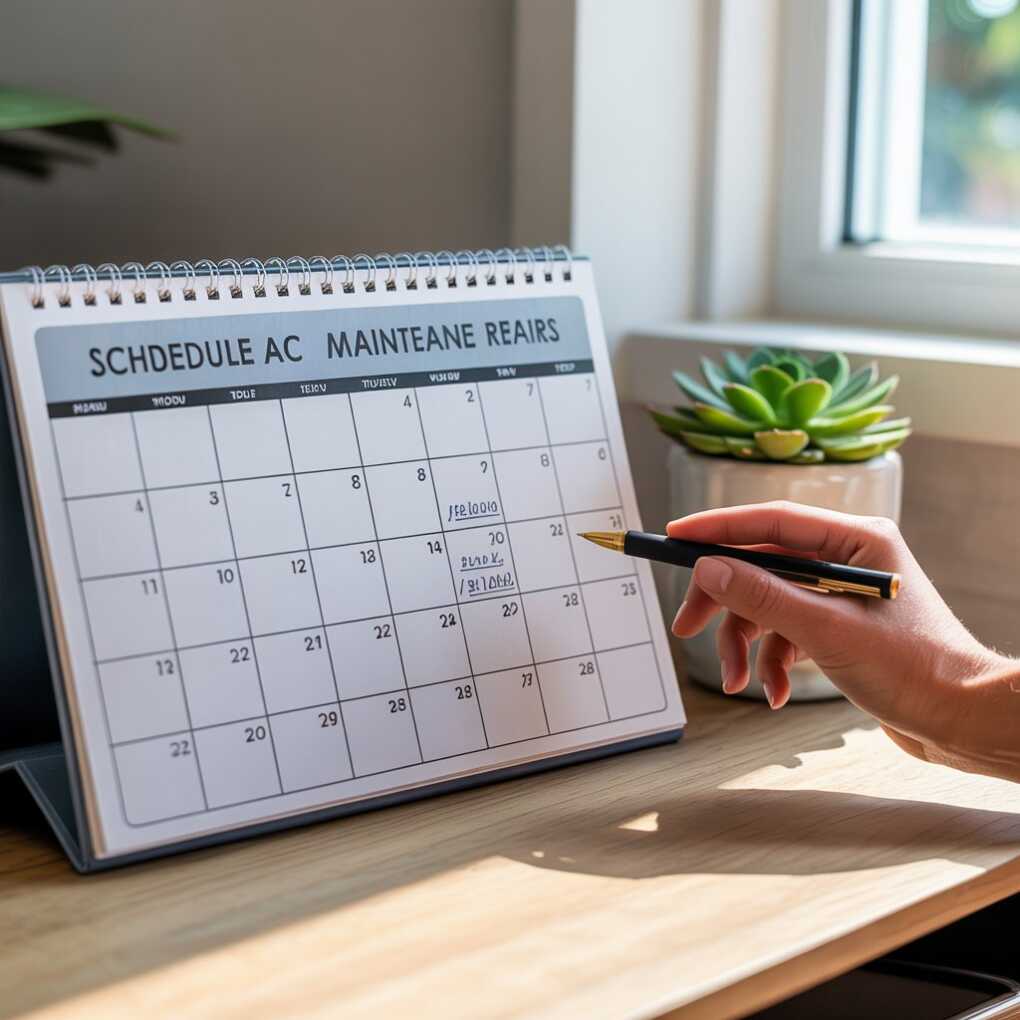Proper care of your air conditioning system is crucial for maintaining a comfortable home, especially during hot weather. Regular maintenance and timely repairs can extend the life of your AC unit, improve its efficiency, and prevent unexpected breakdowns. Knowing when to schedule these services can save both time and money while ensuring consistent cooling performance. We will explore the factors that determine how often maintenance and repairs should be done and why staying on top of these tasks matters for any cooling system.

When to Schedule AC Maintenance and Repairs: Key Guidelines
Routine Maintenance Should Be Annual, Ideally Before Peak Seasons
Most air conditioning units benefit from at least one maintenance check each year, typically scheduled in early spring or just before the hottest months arrive. This timing allows technicians or homeowners to prepare the system for heavy use, ensuring all parts are clean, lubricated, and functioning properly. During this service, filters are replaced, coils are cleaned, and refrigerant levels are checked. An annual tune-up reduces the chance of sudden failures when the AC is needed most. Waiting until mid-summer to address issues often results in longer repair times due to increased demand on service providers, making proactive maintenance a practical choice for uninterrupted comfort. For reliable service and timely maintenance, companies like those found at https://www.essentialheatandac.com/ac-replacement-kent-wa/ offer comprehensive support to keep your system running smoothly.
Older Units May Require More Frequent Attention
As air conditioners age, their components naturally wear down, which means they may require more frequent inspections and minor repairs to continue running smoothly. Systems that are over 10 years old often lose efficiency and may develop small problems that can escalate quickly if left unchecked. Scheduling maintenance twice a year—once before cooling season and once after—can help catch emerging issues early. This approach not only prolongs the unit’s life but also prevents costly replacements down the road. Paying closer attention to an older system can ensure it continues to operate without draining energy or creating discomfort.
Filters Should Be Checked and Changed Regularly
While full maintenance visits occur annually, filter replacement should be more frequent, sometimes on a monthly or quarterly basis, depending on usage and environmental conditions. Dirty filters reduce airflow, forcing the system to work harder and increasing the risk of overheating or freezing. Homes with pets, smokers, or dusty surroundings may require even more frequent filter changes. Keeping filters clean is one of the simplest and most effective ways to maintain indoor air quality and improve AC efficiency. If filters are neglected, it can cause strain on the entire system, leading to more frequent breakdowns and higher energy bills.
Repairs Should Be Addressed Promptly When Issues Arise
Unlike maintenance, which is scheduled, repairs are usually reactive—done when something goes wrong. However, the key to avoiding major repair bills is to act quickly when signs of trouble appear. Strange noises, inconsistent cooling, unusual odors, or higher-than-normal energy bills often signal that a repair is needed. Ignoring these early warning signs can cause minor faults to worsen, ultimately leading to compressor failure or refrigerant leaks, both of which are expensive to repair. Keeping an eye on the system’s performance and scheduling repairs as soon as problems emerge helps maintain comfort and saves money by preventing more extensive damage.
Environmental and Usage Factors Influence Maintenance Frequency
The frequency of maintenance and repairs you need depends on your location and the frequency of AC use. In hotter climates where air conditioners run nearly year-round, more frequent servicing may be necessary. Similarly, commercial spaces with constant use demand stricter upkeep compared to residential units used only seasonally. Areas with high humidity, pollution, or dust may also require additional cleaning and inspection. Understanding these factors helps homeowners and businesses create a tailored maintenance schedule that suits their unique conditions and ensures optimal system performance throughout the year.
DIY Checks Between Professional Visits Can Help Spot Problems Early
While professional maintenance is crucial, owners can also perform regular, simple checks to identify potential issues before they escalate. Cleaning debris around the outdoor unit, inspecting for visible damage, and monitoring airflow inside the home are useful steps. Noticing any irregularities early allows for timely professional intervention. However, it is essential not to attempt complicated repairs without proper training, as modern AC systems are complex and require precise handling to prevent further damage. Combining homeowner vigilance with scheduled professional care creates a balanced approach to system longevity and reliability.
Conclusion
Knowing when to schedule AC maintenance and repairs depends on several factors, including the unit’s age, usage, and environmental conditions. A general guideline is to perform professional maintenance once a year, ideally, before the cooling season starts, with additional attention given to older units or those in harsher conditions. Regular filter changes and prompt repairs when issues arise are essential to maintaining the system’s efficiency and preventing costly breakdowns. By combining routine professional service with occasional homeowner checks, you can ensure your air conditioning system delivers reliable comfort and saves energy over time. Prioritizing these efforts makes living through hot weather much more enjoyable and less stressful.
